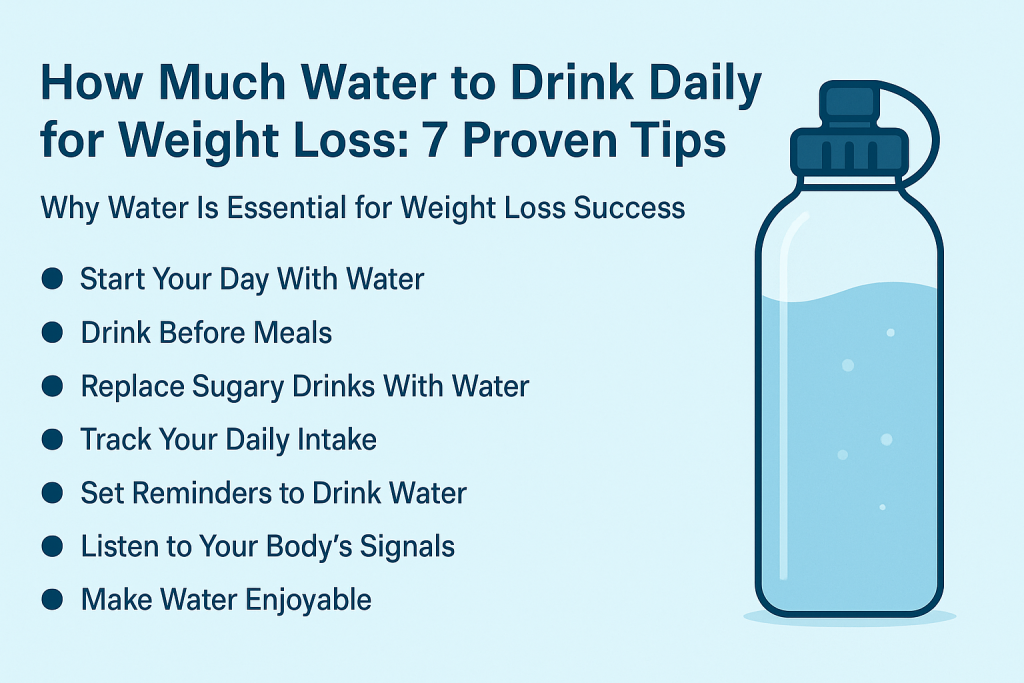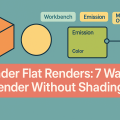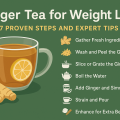Why Water Is Essential for Weight Loss Success
Water is not just a basic necessity; it’s a powerful tool when it comes to losing weight. From boosting metabolism to curbing hunger, adequate hydration plays a vital role in supporting your body’s natural fat-burning processes. Understanding how much water to drink daily for weight loss can make a significant difference in your results.
Research shows that drinking water can enhance weight loss by increasing satiety, improving physical performance, and supporting digestion. Often, our bodies mistake thirst for hunger, leading to unnecessary calorie intake. Staying hydrated helps you better interpret your body’s cues and avoid overeating.
In this guide, you’ll discover science-backed recommendations for daily water intake, practical strategies to maintain hydration, and expert tips to maximize your weight loss journey.
How Much Water Should You Drink Daily for Effective Weight Loss?
The recommended amount of water varies depending on factors such as body weight, activity level, and climate. However, general guidelines can help most people start their hydration journey on the right foot.
- General Recommendation: The U.S. National Academies of Sciences suggests about 3.7 liters (125 ounces) for men and 2.7 liters (91 ounces) for women daily, from all beverages and foods combined.
- Weight Loss Guideline: Many experts recommend drinking at least eight 8-ounce glasses of water per day—a total of 64 ounces—as a minimum starting point for weight loss.
- Body Weight Formula: A popular rule is to consume half your body weight in ounces. For example, if you weigh 160 pounds, aim for 80 ounces of water a day.
These guidelines are a starting point. Adjust your intake based on your unique needs, such as high levels of physical activity or hot environments where you lose more water through sweat.
Is There Such a Thing as Too Much Water?
While staying hydrated is crucial, excessive water intake can lead to a condition called hyponatremia, where sodium levels in your blood drop dangerously low. Stick to recommended guidelines and listen to your body’s signals.
Aim for clear or light yellow urine as a sign of adequate hydration. If you’re drinking water throughout the day, rarely feeling thirsty, and your urine’s color looks healthy, you’re likely on track.
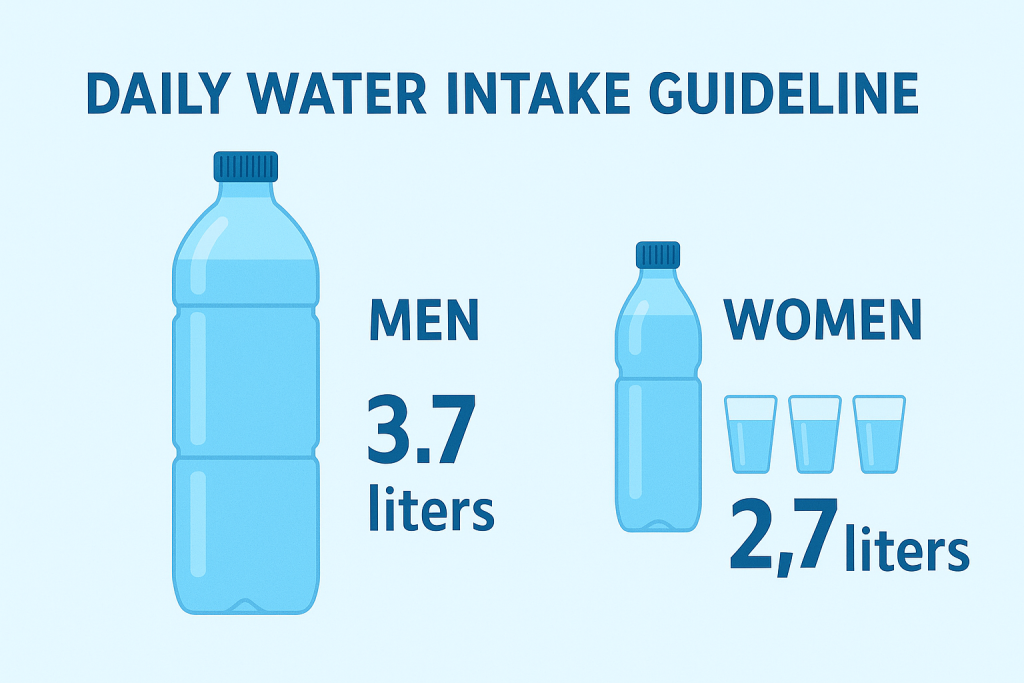
7 Proven Tips to Boost Weight Loss With Water
Drinking the right amount of water daily can have a dramatic impact on your weight loss efforts. Here are seven actionable strategies to help you stay hydrated and enhance your progress:
- Start Your Day With WaterDrinking a glass of water as soon as you wake up jump-starts your metabolism and flushes out toxins. Research suggests that starting your morning hydrated can help regulate appetite throughout the day.
- Drink Before MealsStudies show that consuming 16 ounces (2 cups) of water 30 minutes before meals can lead to eating fewer calories and increased satiety. This simple habit may support a calorie deficit, which is essential for weight loss.
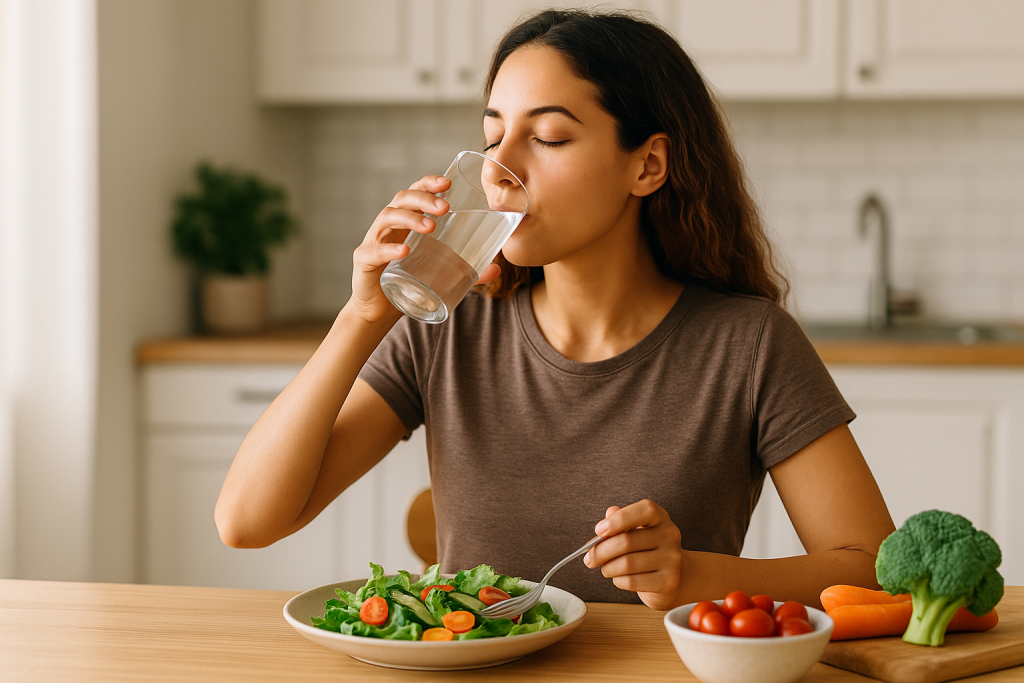
woman drinking water before meal for weight loss - Replace Sugary Drinks With WaterSoft drinks, energy drinks, and sweetened teas add unnecessary calories. Switching to water or infused water (with lemon, cucumber, or mint) cuts out empty calories and reduces your overall sugar intake.
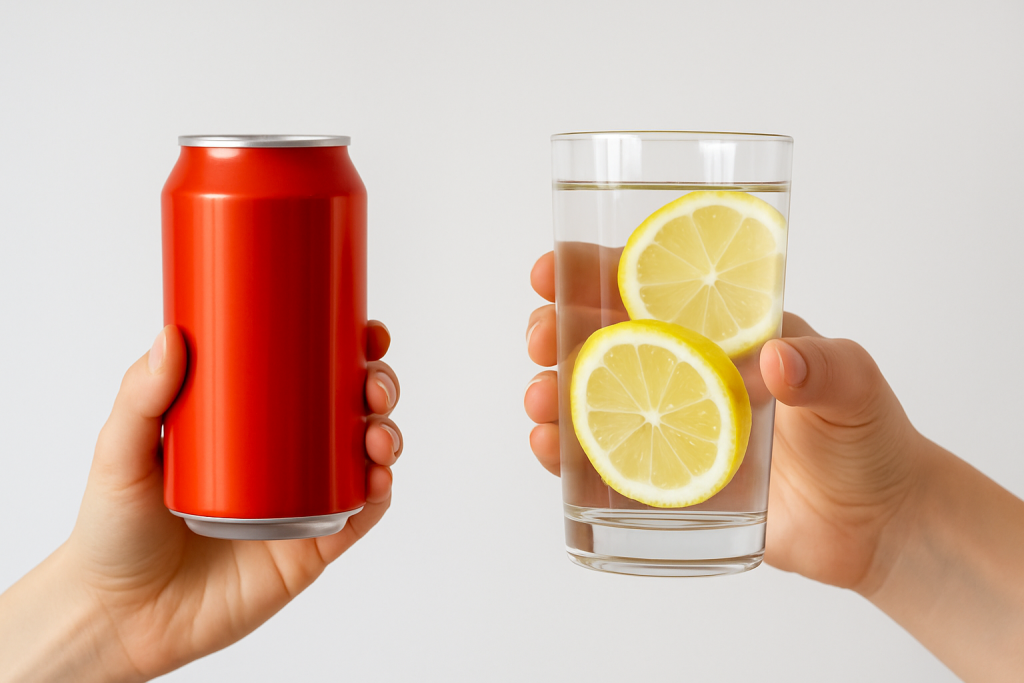
replace sugary drinks with water for weight loss - Track Your Daily IntakeUse a water bottle with measurements, a hydration app, or even a simple journal to monitor your daily water intake. Tracking helps create consistency and ensures you hit your goals.
- Set Reminders to Drink WaterBusy schedules can make it easy to forget hydration. Set hourly reminders on your phone or place a glass of water within reach at work and home to encourage regular sipping.
- Listen to Your Body’s SignalsThirst, dry lips, fatigue, and headaches can be signs of dehydration. Tune into these signals and drink water regularly, especially during physical activity or in hot weather.
- Make Water EnjoyableIf plain water feels boring, add fresh fruit, herbs, or a splash of natural flavoring. A visually appealing, tasty glass encourages you to drink more and stay on track with your weight loss goals.
The Science Behind Water and Weight Loss
Multiple studies have demonstrated the effectiveness of drinking water for weight loss. One study published in Obesity found that participants who drank 500 ml (about 17 ounces) of water before meals lost 44% more weight over 12 weeks than those who didn’t.
Water helps with weight loss in several ways:
- Increases Metabolism: Drinking water can temporarily boost your metabolic rate by 24-30%, helping you burn more calories.
- Suppresses Appetite: Water fills the stomach and can reduce feelings of hunger, making it easier to stick to lower calorie intake.
- Assists With Fat Burning: Hydration is essential for the breakdown of fat cells during lipolysis.
- Improves Exercise Performance: Staying hydrated helps you perform better during workouts, aiding in calorie burn and fat loss.
While water alone is not a magic solution, it is a proven tool to support healthy habits and sustainable weight loss when used alongside a balanced diet and regular exercise.
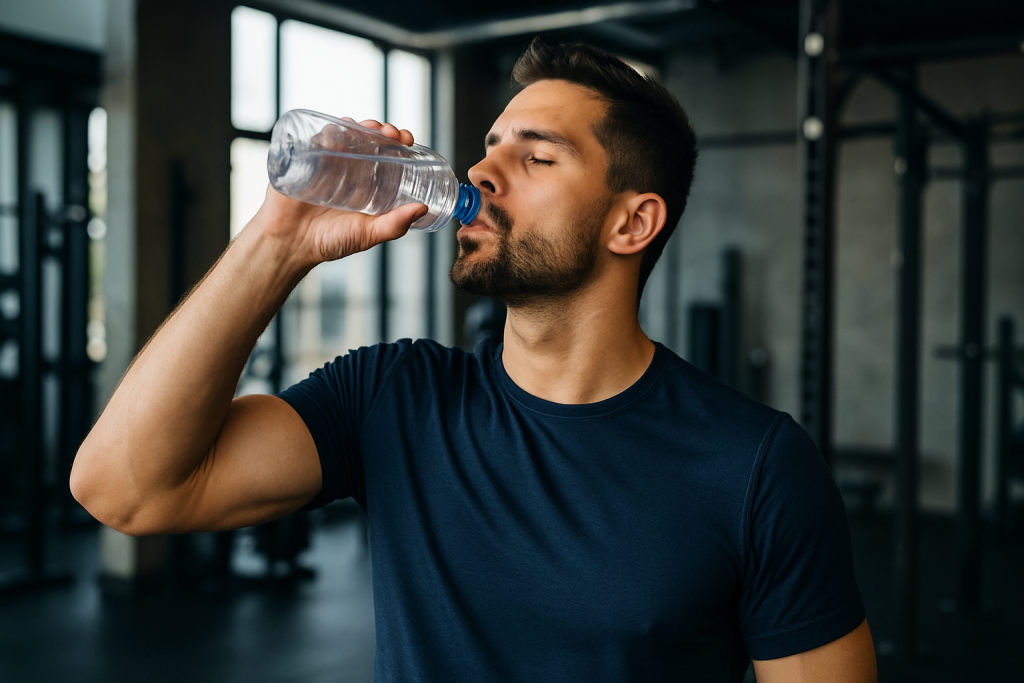
Hydration Needs Based on Body Type, Activity, and Climate
Not everyone has the same hydration requirements. Factors such as age, weight, physical activity, and climate significantly influence your daily water needs.
Body Weight and Size
Larger people require more water because their bodies have higher fluid demands. Use the “half your body weight in ounces” formula and adjust as necessary to ensure adequate hydration.
Physical Activity Level
Active individuals lose more water through sweat and respiration during workouts. For every hour of exercise, add at least 8-12 ounces of water to your daily total. If you’re training intensely or in hot weather, increase this amount further.
Climate and Environment
Hot, humid environments speed up water loss and increase hydration needs. If you live in a dry or hot climate, make it a priority to drink water regularly throughout the day, even if you don’t feel thirsty.
Common Myths and Mistakes About Drinking Water for Weight Loss
Many misconceptions surround the topic of hydration and weight loss. Let’s debunk some common myths so you can optimize your progress:
- Myth: Drinking More Water Always Means More Weight LossWhile adequate water helps with fat loss, drinking excessive amounts doesn’t guarantee faster results and can be dangerous. Balance is key.
- Myth: Thirst Is a Sufficient Indicator of HydrationBy the time you feel thirsty, your body may already be mildly dehydrated. Proactive, regular water intake is more effective than waiting for thirst cues.
- Myth: Only Water Counts Toward HydrationWhile water is best, other fluids like herbal teas, low-calorie beverages, and water-rich foods (fruits, vegetables) also contribute toward your daily intake.
Practical Tips to Maintain Optimal Hydration for Weight Loss
Consistency is crucial for long-term success. Here are some actionable tips to help you stay on track:
- Carry a Reusable Water Bottle: Keep it with you wherever you go to make drinking water a seamless habit.
- Flavor Your Water Naturally: Add slices of citrus, berries, or herbs to enhance taste without adding calories.
- Drink Water With Meals: Replace sugary drinks with water during lunch or dinner to reduce calorie intake.
- Monitor Bathroom Frequency: Regular urination (every 2-4 hours) is generally a sign of healthy hydration.
- Eat Water-Rich Foods: Include cucumbers, watermelon, oranges, and lettuce in your diet for an extra hydration boost.
Frequently Asked Questions About Water Intake and Weight Loss
Can drinking cold water help burn more calories?
Drinking cold water can slightly increase calorie expenditure as your body works to warm it up. However, the effect is minimal compared to overall water intake and healthy lifestyle habits.
Should I drink water during workouts?
Yes, staying hydrated during physical activity is crucial for performance and recovery. Sip water before, during, and after exercise, adjusting for intensity and sweat loss.
Is sparkling water as effective as plain water?
Unsweetened sparkling water can be a good alternative if you prefer carbonation, as long as it’s free of added sugars or sodium.
Conclusion: Make Water a Cornerstone of Your Weight Loss Journey
Drinking enough water every day is a simple yet powerful habit for maximizing weight loss. By understanding your daily needs, tracking your intake, and applying proven hydration strategies, you set yourself up for lasting success. Start making water your go-to beverage today—and watch your results improve!
